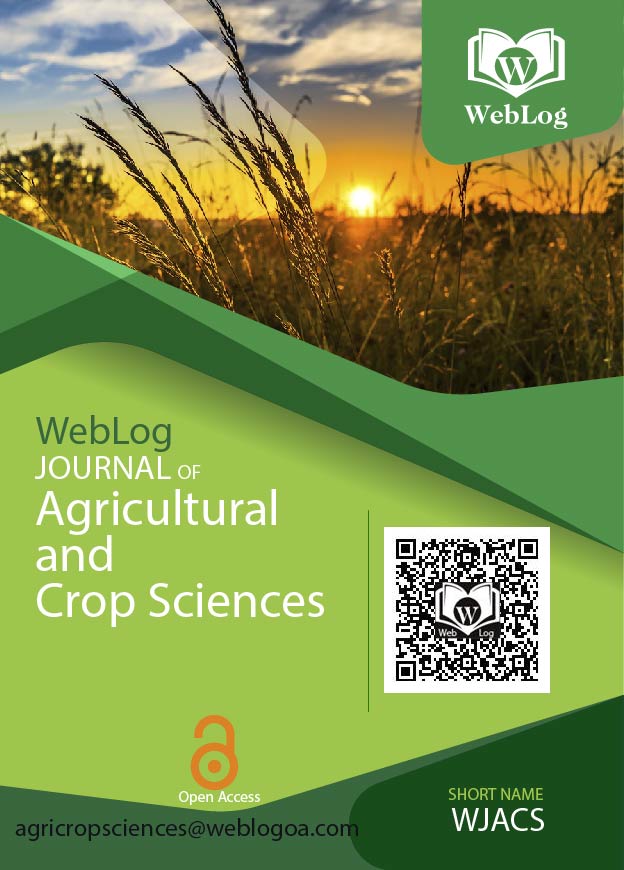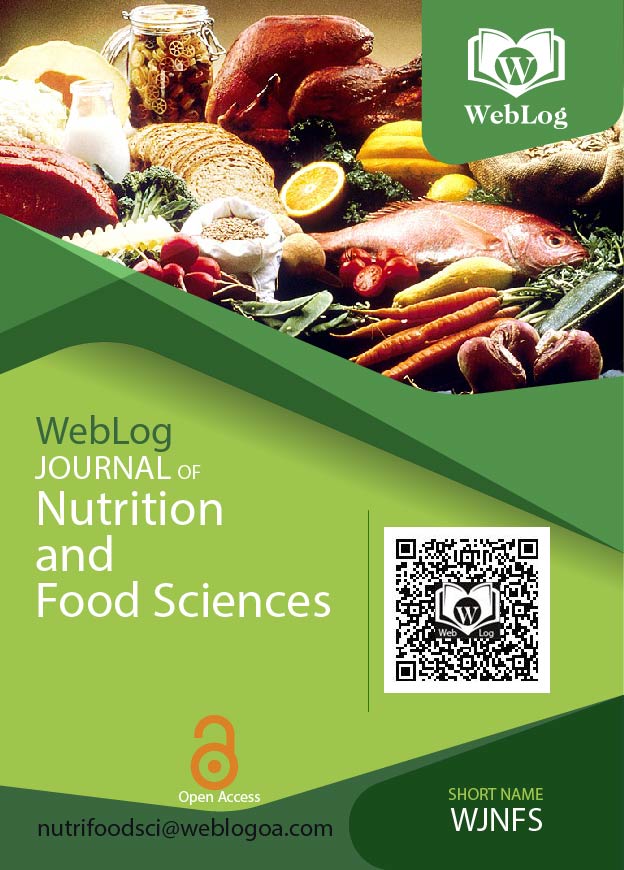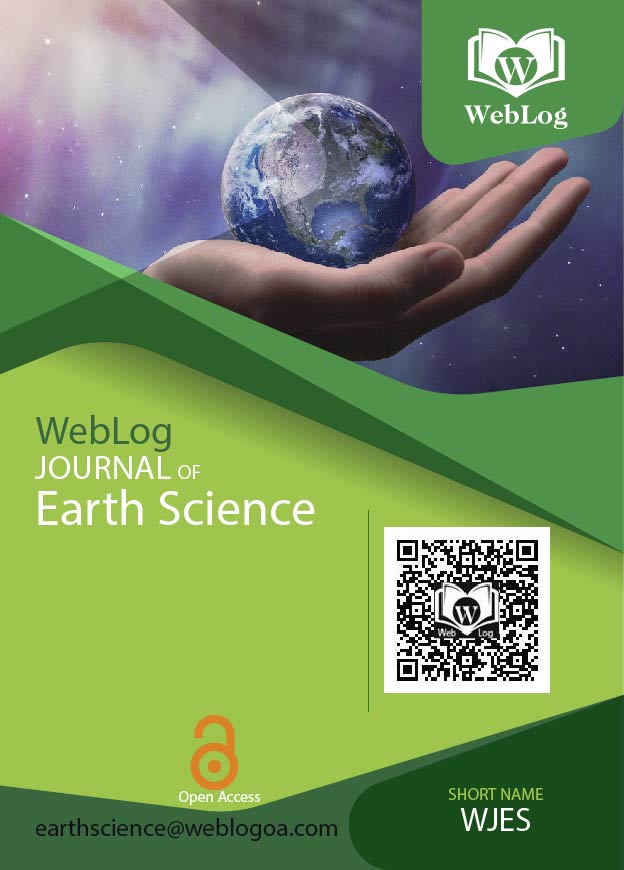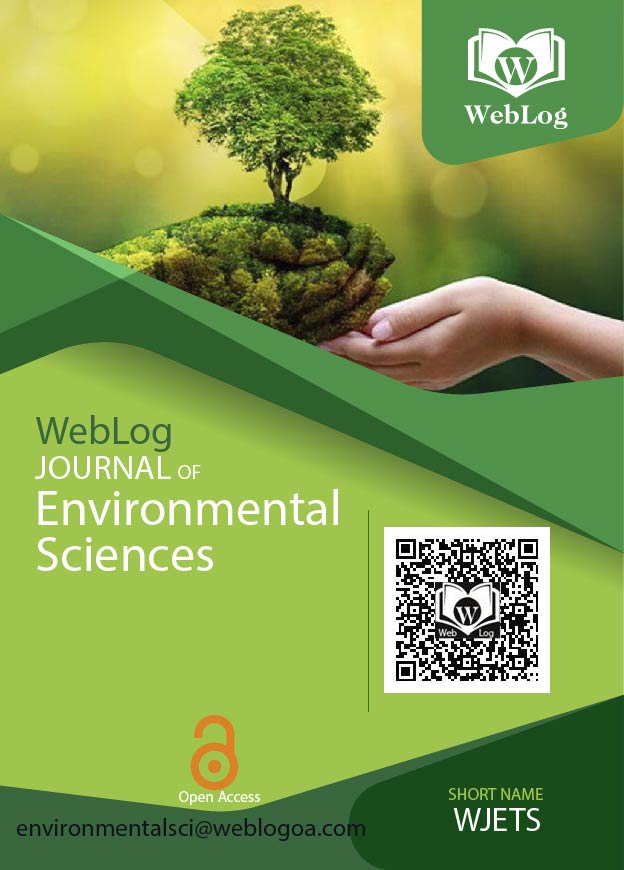Editor Profile

Dr. Muhammad Rahil Afzal, Ph.D.
Postdoctoral Researcher
2024 - Present
State Key Laboratory of Green Pesticides, Guizhou University
Guizhou
China

Muhammad Rahil Afzal (PhD)
National Key Laboratory of Green Pesticide, Key Laboratory of Green Pesticide and Agricultural Bioengineering, Ministry of Education, Guizhou University, Guiyang, Guizhou, China
Professional Summary
Plant scientist with 5+ years of expertise in rhizosphere ecology, biological nitrification inhibition (BNI), and plant-microbe interactions. Published 22 peer-reviewed articles and book chapters (h-index 11) with a focus on sustainable agriculture, root exudate chemistry, and stress physiology. Proven track record in securing grants (e.g., ¥300,000 Jiangsu Postdoctoral Talent Grant) and leading interdisciplinary collaborations.
Current Research Interests
Chemical signaling in the rhizosphere and root-microbiome interactions
Nitrogen cycling and biological nitrification inhibition (BNI)
Nitrogen management in soil-plant interface
Plant response to biotic and abiotic stresses
Ecology of invasive plants in stressful environments
How introduced plants interact with local microbiota
Education
PhD in Plant Nutrition
College of Resources & Environmental Sciences, Nanjing agricultural University, Nanjing, Jiangsu, China (Sept. 2015 - June 2019)
Advisor: Professor Dr. Zhu Yiyong
Dissertation: Regulation of plasma membrane H+-ATPase involved in the release of biological nitrification inhibitors from sorghum roots under different N forms and rhizosphere pH
M.Sc. (Hons.) Agriculture - Soil Science
Institute of Soil & Environmental Sciences, University of Agriculture, Faisalabad, Punjab, Pakistan (Sept. 2010 - Oct. 2012)
Advisor: Dr. Shamsa Kanwal
Dissertation: Effect of foliar application of Zinc and Boron on growth and yield of okra
B.Sc. (Hons.) Agriculture - Soil Science
Institute of Soil & Environmental Sciences, University of Agriculture, Faisalabad, Punjab, Pakistan (Aug. 2006-Sept. 2010)
Professional Experience
Postdoctoral Researcher
State Key Laboratory of Green Pesticides, Guizhou University, Guiyang, Guizhou, China (April 2024-Present)
Postdoctoral Researcher
School of Environmental and Safety Engineering, Jiangsu University, Zhenjiang, Jiangsu, China (June 2021-March 2024)
HEC IPFP Fellow
Institute of Environmental and Agricultural Science, University of Okara, Okara (Oct. 2020-Oct. 2021)
Taught BS courses: Introduction to Earth Sciences, Environmental Physics
Lecturer
Shahab College of Commerce and Sciences, Shahkot, Pakistan (Aug. 2019-Sept. 2020)
Taught Biology (Intermediate level)
Research Associate
Nanjing Agricultural University, Nanjing, Jiangsu, China (Sept. 2015-Jun. 2019)
Project: Biological nitrification inhibition (BNI) by plants, funded by Natural Science Foundation of China (NSFC 31471937 and 31172035) and Ministry of Agriculture, Forestry and Fisheries of Japan (MAFF) to Japan International Research Center for Agricultural Sciences (JIRCAS)
- Chemical signaling in the rhizosphere and root-microbiome interactions
- Nitrogen cycling and biological nitrification inhibition (BNI)
- Nitrogen management in soil-plant interface
- Plant response to biotic and abiotic stresses
- Ecology of invasive plants in stressful environments
- How introduced plants interact with local microbiota
- Afzal MR, Naz M, Yu Y, Yan L, Wang P, Mohotti J, Hao GF, Zhou JJ, Chen Z, Zhang L, Wang Q (2025) Root exudates: the rhizospheric frontier for advancing sustainable plant protection. Resources, Environment and Sustainability. (Accepted) (IF = 7.8)
- Naz M, Afzal MR, Raza MA, Tariq M, Mengting Y, Dai Z, Qi S, Du D (2025) The significant effects of Strigolactones on plant growth and microbe interactions: a review. Plant Growth Regulation. DOI:10.1007/s10725-025-01325-3 (IF = 3.5)
- Dai Z, Huang Z, Hu D, Naz M, Afzal MR, Raza MA, Mendoza AB, Tariq M, Qi S, Du D (2024) Role of Nanofertilization in Plant Nutrition under Abiotic Stress Conditions. Chemosphere. DOI: 10.1016/j.chemosphere.2024.143496 (IF = 8.1)
- Naz M, Afzal MR, Qi SS, Dai Z, Sun Q, Du D (2024) Microbial-Assistance and Chelation-Support Techniques promoting Phytoremediation under Abiotic Stresses. Chemosphere. DOI: 10.1016/j.chemosphere.2024.143397 (IF = 8.1)
- Ullah R, Siddiqui A, Rehman SU, Kamran M, Abbas HT, Khalid MA, Afzal MR, Jabbar E, Sohail MI (2024) Mitigation of drought stress in Zea mays L. through plant growth-promoting rhizobacteria assisted by foliar sorghum water extract. Acta Physiologiae Plantarum. DOI: 10.1007/s11738-024-03690-4 (IF = 2.6)
- Naz M, Afzal MR, Raza MA, Pandey S, Qi S, Dai Z, Du D (2024) Calcium (Ca2+) signaling in plants: A plant stress perspective. South African Journal of Botany. DOI: 10.1016/j.sajb.2024.04.047 (IF = 3.1)
- Afzal MR, Naz M, Ullah R, Du D (2023) Persistence of Root Exudates of Sorghum bicolor and Solidago canadensis: Impacts on Invasive and Native Species. Plants. DOI: 10.3390/plants13010058 (IF = 4.5)
- Afzal MR, Naz M, Ashraf W, Du D (2023) The Legacy of Plant Invasion: Impacts on Soil Nitrification and Management Implications. Plants. DOI: 10.3390/plants12162980 (IF = 4.5)
- Afzal MR, Naz M, Wan J, Dai Z, Ullah R, Rehman S, Du D (2023) Insights into the Mechanisms Involved in Lead (Pb) Tolerance in Invasive Plants-The Current Status of Understanding. Plants. 12(11), 2084. DOI: 10.3390/plants12112084 (IF = 4.5)
- Qi S, Wang J, Zhang Y, Naz M, Afzal MR, Du D, Dai Z (2023) Omics Approaches in Invasion Biology: Understanding Mechanisms and Impacts on Ecological Health. Plants. 12(9): 1860. DOI: 10.3390/plants12091860 (IF = 4.5)
- Liu H, Rutherford S, Wan JSH, Liu JH, Zhang J, Afzal MR, Du D, Rossetto M (2023) Variation in leaf functional and plant defense traits of introduced Eucalyptus species across environmental gradients in the new range. Forests. 14(5): 936. DOI: 10.3390/f14050936 (IF = 3.282)
- Zhang M, Gao X, Chen G, Afzal MR, Wei T, Zeng H, Subbarao GV, Wei Z, Zhu Y (2023) Intercropping with BNI-sorghum benefits neighbouring maize productivity and mitigates soil nitrification and N2O emission. Agriculture, Ecosystems & Environment. DOI: 10.1016/j.agee.2023.108510 (IF = 6.576)
- Zhang M, Zeng H, Afzal MR† (Equal First-Author), Gao X, Li Y, Subbarao GV, Zhu Y (2021) BNI-release mechanisms in plant root systems-Current status of understanding. Biology and Fertility of Soils 1-9. DOI: 10.1007/s00374-021-01568-y (IF = 6.605)
- Afzal MR, Zhang M, Jin H, Wang G, Zhang M, Ding M, Raza S, Hu J, Zeng H, Gao X, Subbarao GV, Zhu Y (2020) Post-translational regulation of plasma membrane H+-ATPase is involved in the release of biological nitrification inhibitors from sorghum roots. Plant and Soil 450:357-372. DOI: 10.1007/s11104-020-04511-6 (IF = 4.993)
- Raza S, Chena Z, Ahmed M, Afzal MR, Aziz T, Zhou J (2019) Dicyandiamide application improved nitrogen use efficiency and decreased nitrogen losses in wheat-maize crop rotation in Loess Plateau. Archives of Agronomy and Soil Science 65: 450-464. DOI: 10.1080/03650340.2018.1506584 (IF = 2.242)
- Di T, Afzal MR, Yoshihashi T, Deshpande S, Zhu Y, Subbarao GV (2018) Further insights into underlying mechanisms for the release of biological nitrification inhibitors from sorghum roots. Plant and Soil 423: 99-110. DOI: 10.1007/s11104-017-3505-5 (IF = 4.993)
- Zhang M, Ding M, Xu F, Afzal MR, Chen X, Zeng H, Yan F, Zhu Y(2018)Involvement of plasma membrane H+-ATPase in the ammonium-nutrition response of barley roots. Journal of Plant Nutrition and Soil Science 181:1-8. DOI: 10.1002/jpln.201800045 (IF = 2.566)
- Raza S, Zhou J, Aziz T, Afzal MR, Ahmed M, Javaid S, Chen Z (2018) Piling up reactive nitrogen and declining nitrogen use efficiency in Pakistan: a challenge not challenged (1961-2013). Environmental Research Letters 13: 034012. DOI: 10.1088/1748-9326/aaa9c5 (IF = 6.947)
- Naz M, Raza MA, Zaib S, Tariq M, Afzal MR, Hussain S, Dai Z, Du D (2022) Major groups of microorganisms employed in bioremediation. In Bhat et al. (eds.) Microbial Bioremediation. Springer, Cham. DOI: 10.1007/978-3-031-18017-0_8
- Naz M, Raza MA, Afzal MR, Jaskani MJ, Anwar M, Tariq M, Riaz M, Fan X (2022) Microbial systems, current trends and future prospective: a systemic analysis. In Dar and Bhatt. (eds.) Microbial consortium and biotransformation for pollution decontamination. Elsevier. DOI: 10.1016/B978-0-323-91893-0.00012-2
- Naz M and Afzal MR (2022) Plant-Environment Interactions: The Dynamics of the Skill and Beyond. In Aftab et al. (eds.) New Frontiers in Plant-Environment Interactions. Springer-Nature. DOI: 10.1007/978-3-031-43729-8_1
- Naz M, Ghani MI, Atif MJ, Raza MA, Bouzroud S, Afzal MR, Riaz M, Ali M, Tariq M, Fan X (2021) Sodium and abiotic stress tolerance in plants. In Tripathi et al. (eds.) Beneficial chemical elements of plants. DOI: 10.1002/9781119691419.ch13
- Naz M, Shackira AM, Sarraf M, Sarath NG, Bouzroud S, Chengatt AP, Afzal MR, Fan X (2023) Iron Nanoparticles for nano-phytoremediation. In Bhat (eds.) Nano-Phytoremediation and Environmental Pollution: Strategies and Mechanism. Taylor & Francis (Under review)
- Naz M, Raza MR, Bouzroud S, Shackira AM, Sarraf M, Afzal MR, Fan X (2023) Nanomaterial‟s interesting characteristics to remediate polluted environs. In Bhat (eds.) Nano-Phytoremediation and Environmental Pollution: Strategies and Mechanism. Taylor & Francis (Under review)
- Afzal MR (2024) Sustainable Crop Rotation and Diversification. In Haq and Ali (eds.) Revolutionizing Pest Management for Sustainable Agriculture. IGI Global (Submitted)
- Naz M, Dai Z, Qi S, Raza MA, Afzal MR, Du D (2022) Biochar for environmental management, scientific technology and implementation. In Bhat et al. (eds.) Biochar for Environmental Management. Springer-Nature (Submitted)




